Lubricant Additives
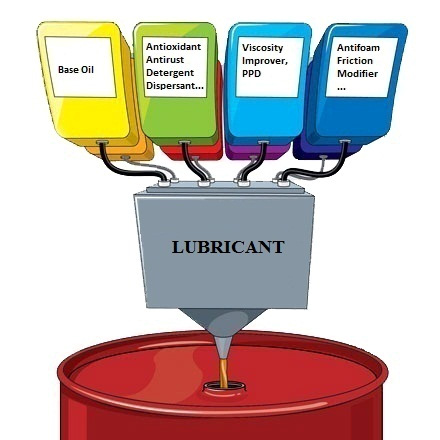 Mineral and synthetic base oils cannot achieve desired performance expected from lubricants. These synthetic chemicals can enhance certain properties, develop new features and may even prevent unwanted specifications in the finished lubricants. Additives are classified in two major groups based on their functions:
Mineral and synthetic base oils cannot achieve desired performance expected from lubricants. These synthetic chemicals can enhance certain properties, develop new features and may even prevent unwanted specifications in the finished lubricants. Additives are classified in two major groups based on their functions:
1- Additives affecting on physical and chemical specifications of base oil
• Physical properties such as: viscosity-temperature properties, demulsibility, low temperature properties, and etc.
• Chemical properties such as: oxidation and so on.
2- Additives affecting on metal surface
• Physical/chemical properties improvers such as: friction reduction, extreme pressure properties, wearing protection, and so on.
For further information please contact our company.
Lubricant Additives : Product Categories
-
Engine Oil Package Additives
Engine Oil Package Additives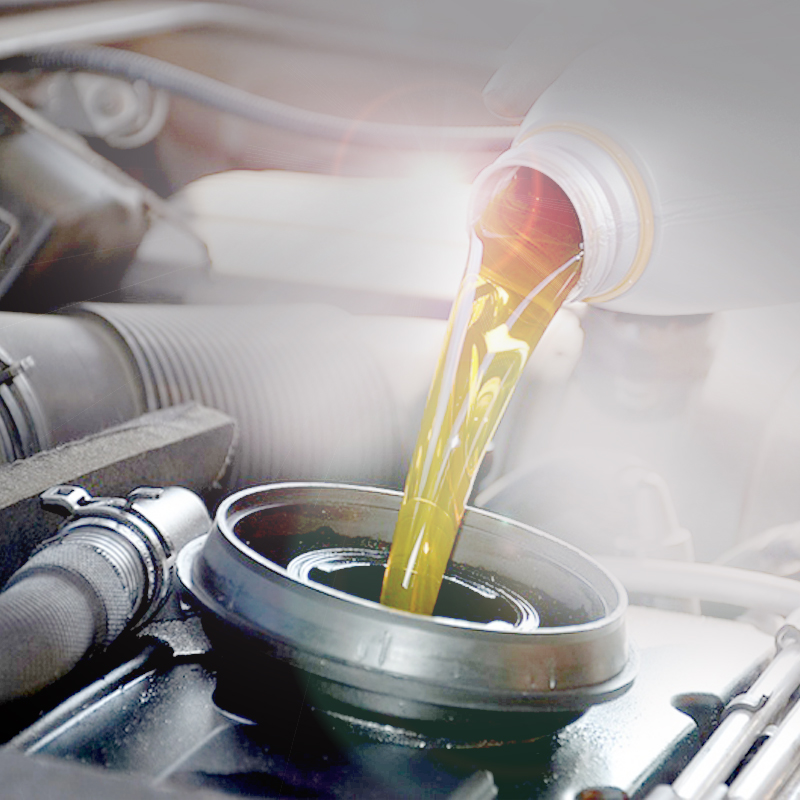
Engine oil is used for lubrication of moving parts of various internal combustion engines. However, it fulfills other obligations such as protection against corrosion, heat transfer, detergency of moving parts and enhancement of parts sealing properties. The coated surface of metal parts with lubricant will also protect it against corrosion at high temperature. Detergents and dispersants are ad...
-
Driveline Package Additives
Driveline Package Additives
Gear oil additive packages aimed at performing friction reduction, extreme pressure (EP) handling, heat transfer, protection against oxidation and rust formation in transmission systems are added to base oils (Mineral & Synthetic) in order to develop a superior performance under severe conditions for lubricants.
-
Industrial Package Additives
Industrial Package Additives
Considering the fact that various industrial lubricants such as hydraulic, compressor or turbine oils require certain characteristic for instance heat transfer, oxidation and corrosion resistance and water seprability, these additives are added to base oils (both mineral and synthetic) to meet the OEM requirements and standards.
-
Grease Additives
Grease Additives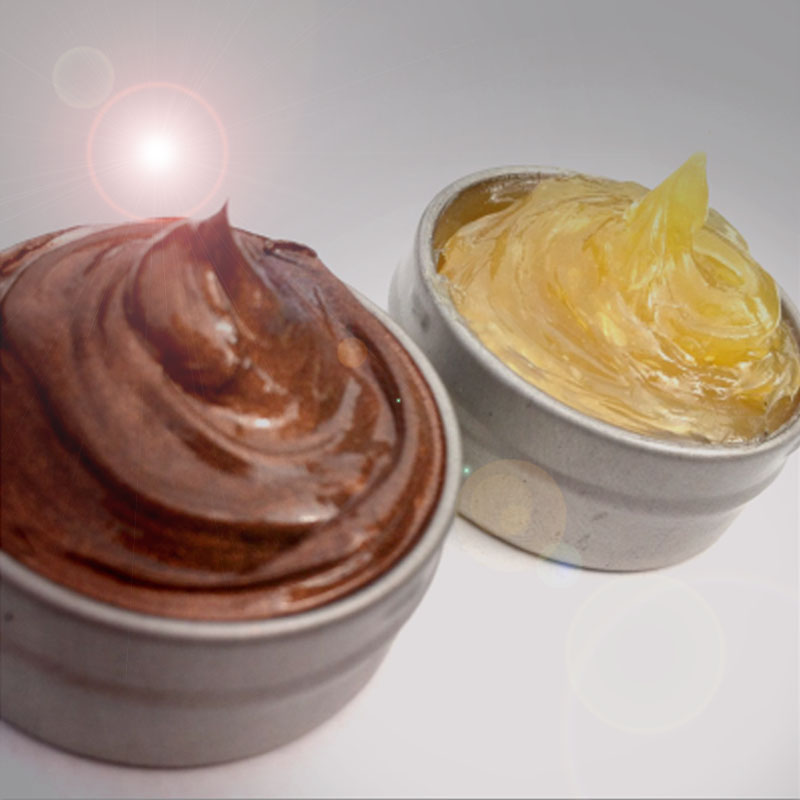
Greases are defined as semi solid lubricants in where a thickening agent is dispersed evenly in a liquid phase lubricant. Greases are mainly served in applications where liquid lubricants are not used and are composed of base oils, thickeners and additives such as antioxidant, rust inhibitor, extreme pressure agent, anti-wear, and polymer and so on. For further information please contact our sa...
-
Lubricant Component
Lubricant Component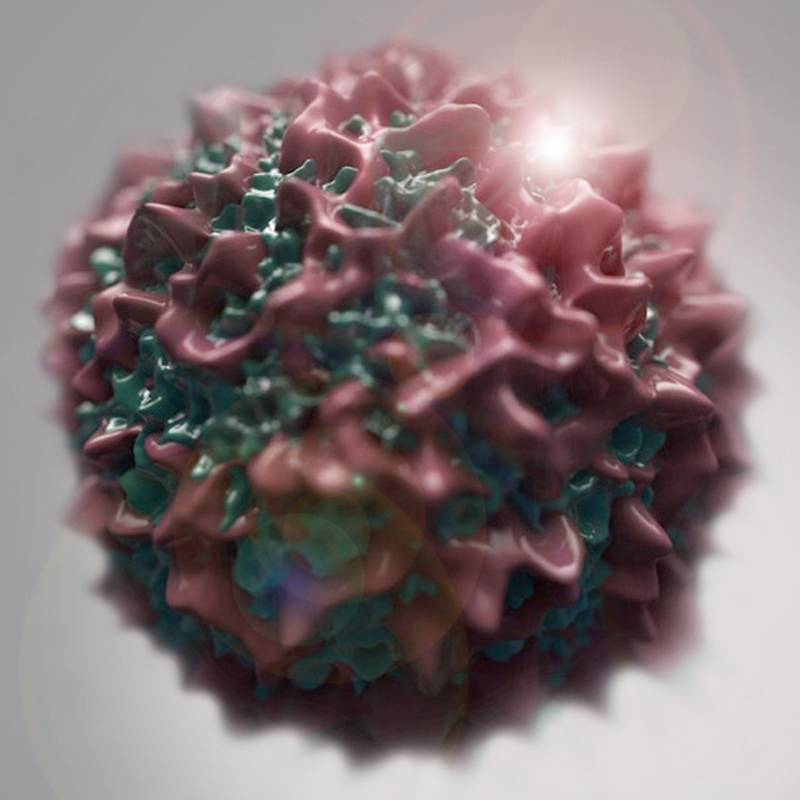
Additives are synthetic chemicals which can either provide certain properties in lubricants or prevent unwanted conditions from occurring in the finished lubricants
-
Anti-Freeze Ingrediants
Anti-Freeze Ingrediants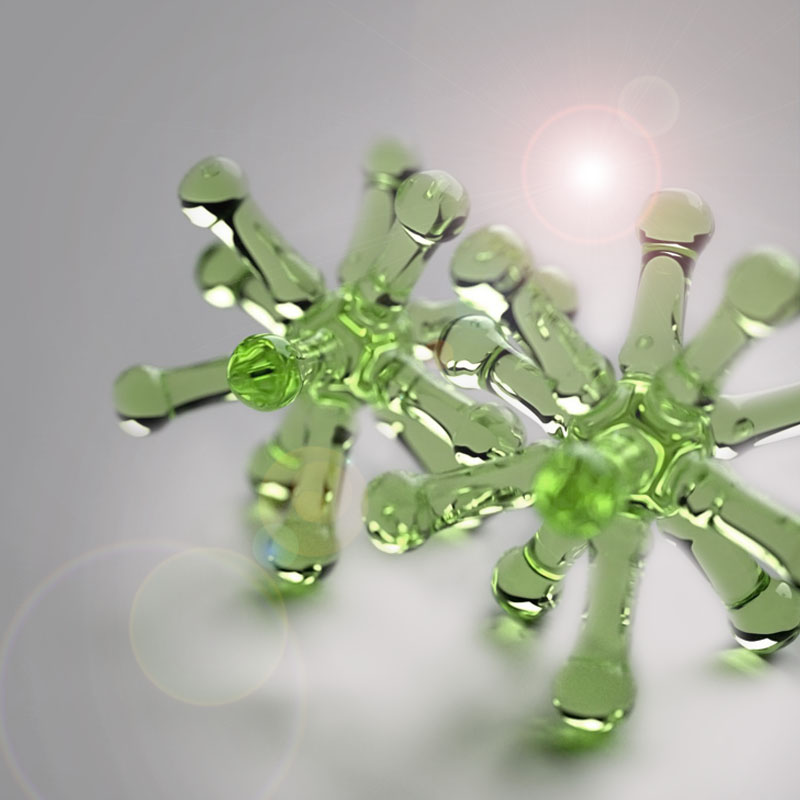
Anti-freeze and anti-boil fluid is a mixture of solvent, corrosion inhibitor package and a dye. Antifreeze packages are added to a suitable glycols in order to provide corrosion protection for all metal parts specifically aluminum and light metals used in cooling system. These packages are classified in two types: Organic & Inorganic. Engine coolant fluids contain these packages are produce...
-
Brake Fluid Ingrediants
Brake Fluid Ingrediants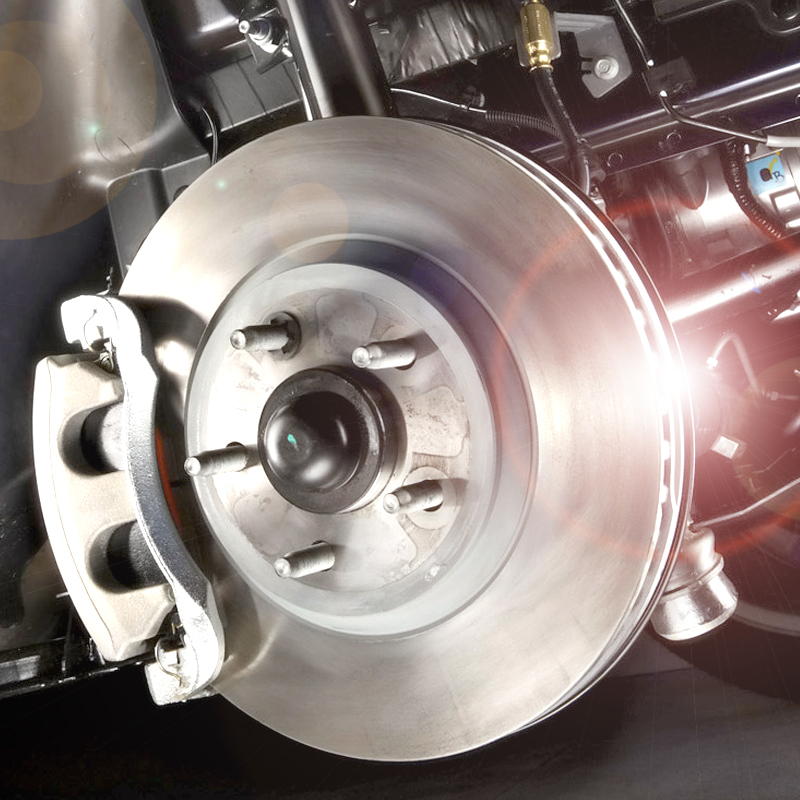
Brake Fluid is formulated on basis of poly glycol ether and contains high efficient additives which provide good thermal stability and decent protection for iron and non-iron metals. This fluid is classified, by the US Department of Transportation (DOT) under their own rating such as DOT 3, DOT 4, DOT 5 and DOT 5.1.
-
Fuel Additives
Fuel Additives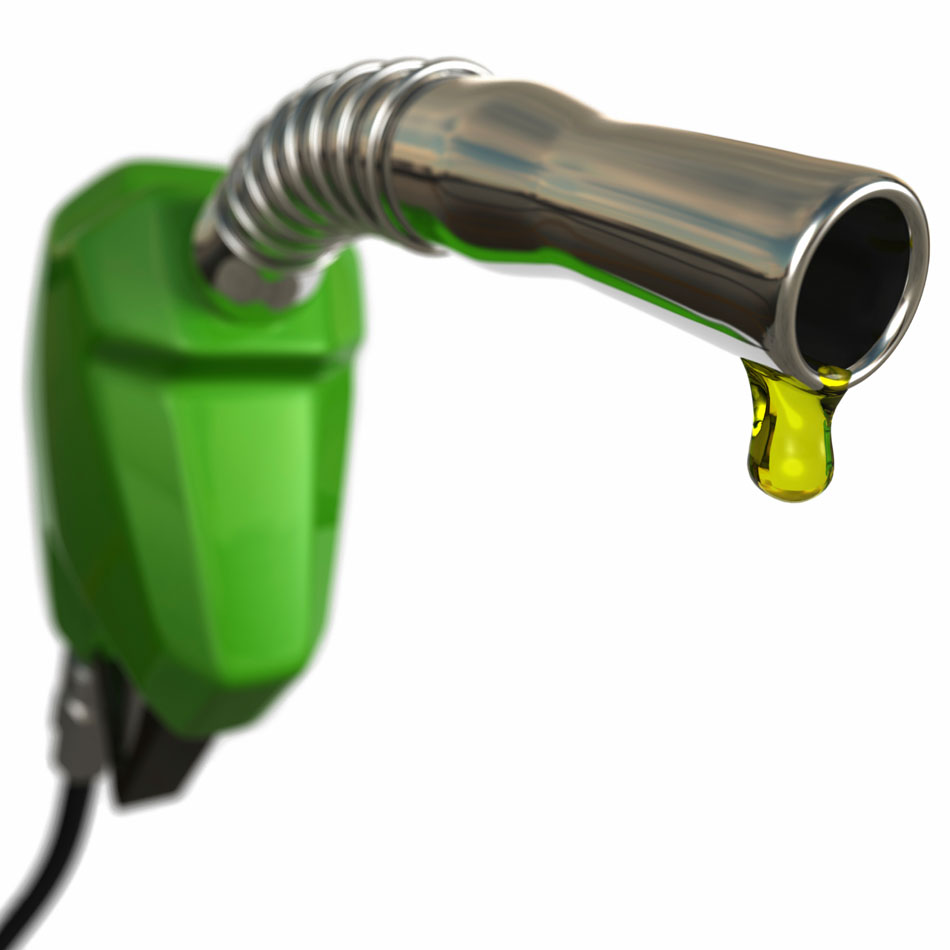
Fuel additives are primarily used to enhance the quality performance of petroleum fuels in terms of fuel consumption feature and to stand against the negative effects of certain elements in fuels such as sulfur, vanadium and sodium. They can also function as: - A detergent of engine valves, fuel injection parts and also as a corrosion inhibitor in a fuel system. - An Octane/Cetin boos...